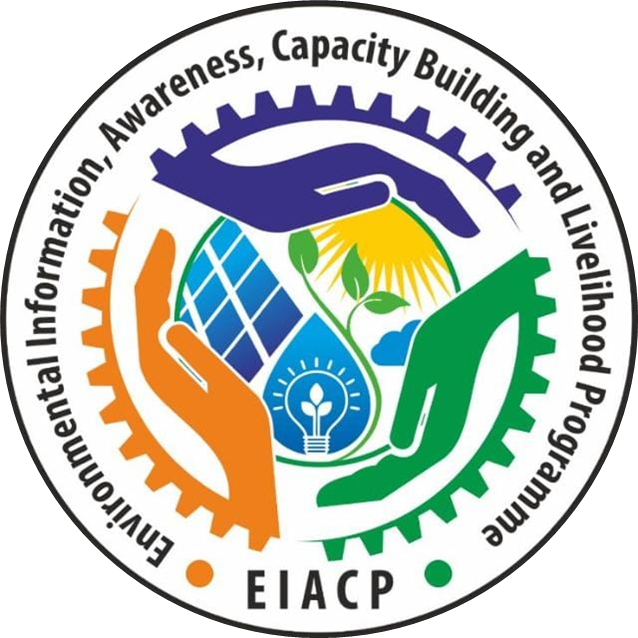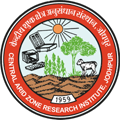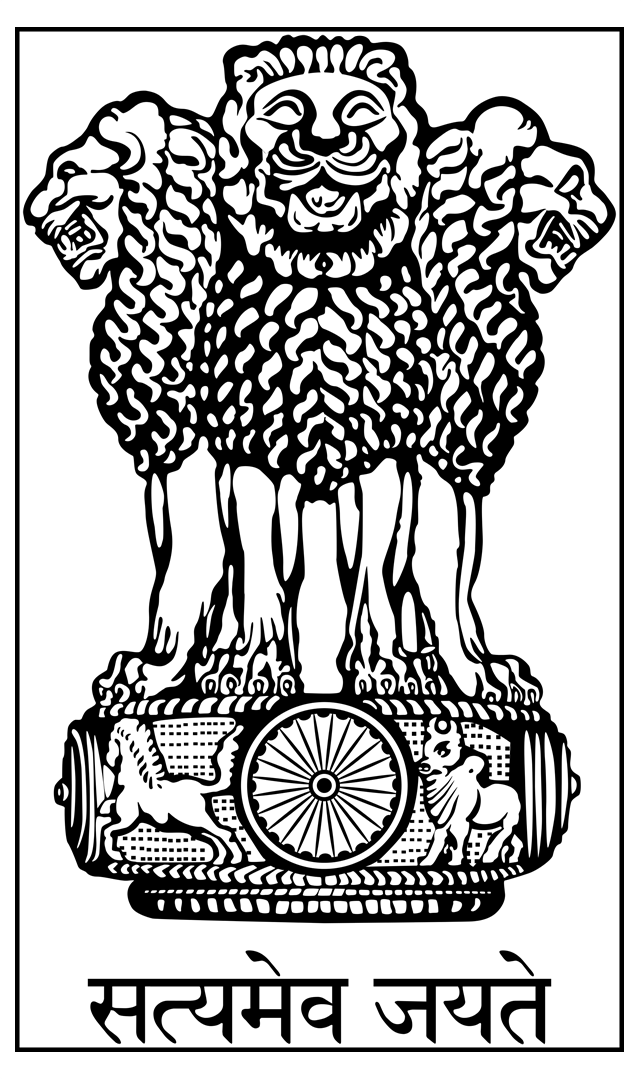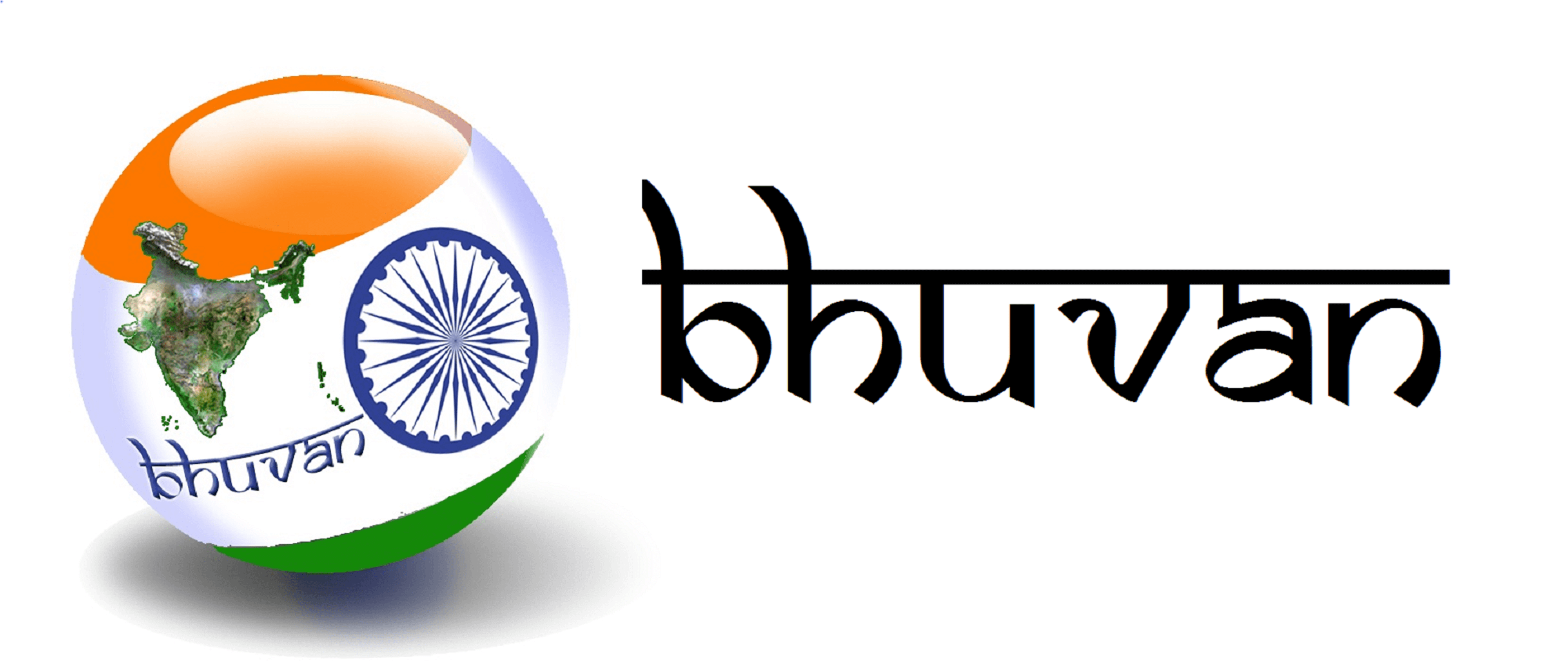ENVIS Centre on Combating Desertification
Hosted by Central Arid Zone and Research Institute, JodhpurSponsored by Ministry of Environment, Forests and Climate Change Govt of India


The role of the UN Convention to Combat Desertification
General objectives of the Convention
Forging partnerships
The United Nations Convention to Combat Desertification (UNCCD) officially entitled United Nations Convention to Combat Desertification in countries seriously affected by drought and/or desertification, particularly in Africa is an international agreement adopted in 1994 in Paris, France. By the end of the year 2000, the Convention was ratified by 172 countries marking a turning point in international policy demonstrating a growing awareness of the importance assigned to the problems of desertification. The Convention clearly emphasizes that the populations who suffer directly from desertification, and who therefore understand the fragility of their environment better than anyone, must be closely involved with decisions that influence their way of life. The Convention aims to combat desertification and ease the effects of drought in those countries seriously affected by drought and/or desertification. The objectives of the UNCCD seeks to improve land productivity, to restore (or preserve) land, to establish more efficient water usage and to introduce sustainable development in the affected areas and more generally, improve the living conditions of those populations affected by drought and desertification. The UNCCD is particularly committed to actively encouraging the participation of local populations to respond to government decisions made on desertification issues. The UNCCD seeks to facilitate co-operation between the different administrative sectors of countries of the North and South while paying particular attention to the needs of developing countries.
Focusing action on Africa
The continent of Africa is the most severely affected by drought and desertification. The African countries were the first to rally together to combat the problem in partnership with other countries in the world. Facilitating access to new technologies, knowledge and its transfer among populations to alleviate the effects of drought and to combat desertification, are the major challenges facing the Convention.
Specific objectives of the Convention
- Promoting sustainable development
- Developing education and training
- Measuring human development
- Creating an enabling environment
Sustainable development satisfies present human needs in an equitable way without compromising the needs of future generations. Thus, if one tree is cut down, then another should replace it, thereby connecting the economy and the environment in a way that is both harmonious and well balanced. Put another way, it is essential to consider the best way to use resources in the long term without exhausting its supply. A variety of activities help achieve this objective such as limiting population growth and not carelessly wasting resources, so that our children can benefit from them too.
It is important that every individual has access to information and understands the action proposals communicated by the media and literature. Reading and writing skills provide people the opportunity to become better informed and help them understand and organize projects that combat desertification. Education therefore enables them to share knowledge and better manage the available resources
Sustainable development reflects on the well being of human beings. The progress of human development can be measured by observing the advantages of populations to such benefits as education, health and income. An indicator helps determine the state of human development in each country. The HDI (human development index) is calculated on the basis of three indicators: the level of education evaluated by the literacy rate and the percentage of children in full time education. the level of health measured by life expectancy at birth. the income of citizens measured by GDP per capita. These measurements help calculate the HDI of each country. By applying the yearly calculations to the country it is possible to see whether there is an improvement or deterioration in human development.
For affected countries, and the people of the drylands, living conditions must be right if desertification is to be tackled effectively. It is hard for governments or local people to give much attention to the crisis if they are constantly preoccupied with economic and/or physical survival. Local people need to have secure and equitable rights to the land they tend, as they will be less willing to look after the land if they feel that it may be taken away from them. The Convention recognizes the need for an enabling environment making it possible for them to pursue sustainable development. Combating desertification can only be achieved in the long term. Changes should be introduced at the international level as well as the local level.




